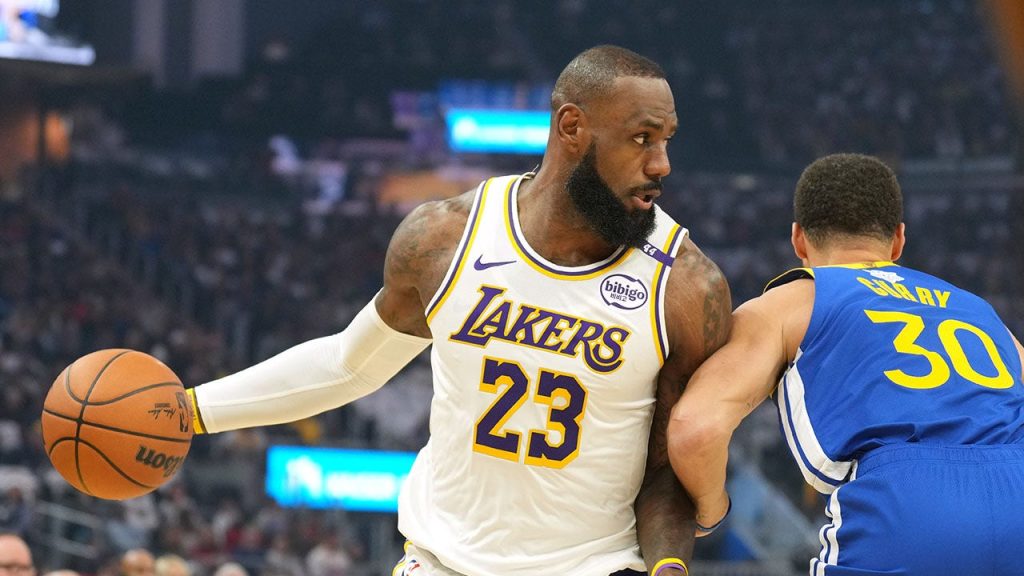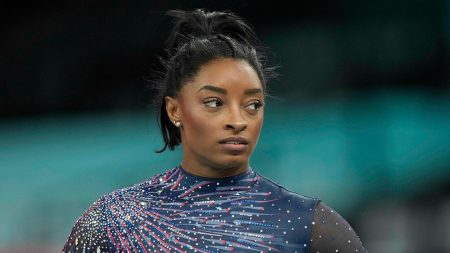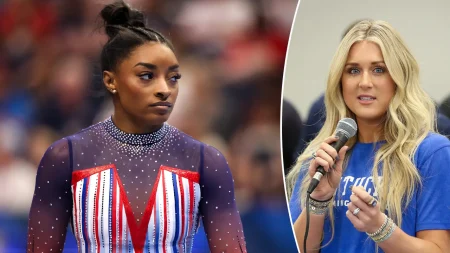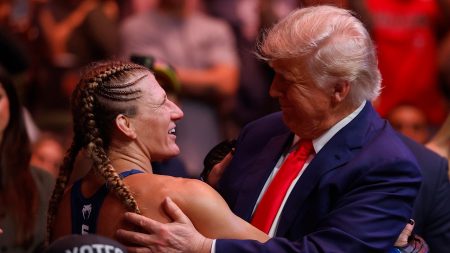The National Football League (NFL), once reticent to engage with the Christmas holiday, has dramatically shifted its stance, embracing the festive period with open arms and even scheduling games on unconventional days like Wednesday to capitalize on the holiday viewership. This strategic move marks a significant departure from the league’s historical approach, which largely avoided scheduling games on Christmas, leaving the day open for the National Basketball Association (NBA) to establish its own holiday tradition. The NBA, for years, viewed Christmas as the unofficial tip-off to its season, showcasing marquee matchups and establishing a strong association with the holiday, even though the actual season commenced two months prior. This year, however, the NFL’s foray into Christmas programming directly challenged the NBA’s long-held holiday dominance, sparking a debate about which league truly owns Christmas Day.
The 2023 Christmas sports landscape saw a head-to-head competition between the two leagues, with the NBA offering its traditional five-game slate, featuring high-profile clashes like the Lakers versus the Warriors, while the NFL countered with two games, including the Chiefs against the Steelers and the Texans against the Ravens. The juxtaposition of these schedules highlighted the NFL’s growing ambition to capture a share of the Christmas audience, traditionally considered the NBA’s domain. Following the Lakers-Warriors game, Lakers star LeBron James, a prominent voice in the NBA, asserted Christmas as the NBA’s day, despite the NFL’s increasing presence on the holiday. This claim, however, was met with skepticism, particularly in light of the viewership numbers that emerged following the Christmas Day games.
While the NBA experienced a positive uptick in viewership, boasting its best Christmas Day performance in five years with an average of 5.2 million viewers and the Lakers-Warriors game peaking at 8.3 million, the NFL still commanded a significantly larger audience. The NFL’s two games, despite both being blowouts, averaged a staggering 24.2 million viewers, dwarfing the NBA’s numbers and underscoring the NFL’s undeniable dominance in the television landscape. The NFL’s success, even with less competitive games, highlighted the league’s immense drawing power and its ability to capture a vast audience regardless of the specific matchups. This disparity in viewership ignited considerable discussion on social media, with many challenging James’ claim and highlighting the NFL’s superior viewership.
The NFL’s decision to schedule games on Christmas, and even on a Wednesday, demonstrates the league’s strategic approach to maximizing its reach and capitalizing on every available opportunity to engage its massive fanbase. With games already scheduled on Thursdays, Sundays, and Mondays, and Saturday games becoming increasingly common later in the season, the NFL’s willingness to embrace Wednesday further underscores its commitment to expanding its presence throughout the week. This strategic scheduling allows the NFL to saturate the sporting calendar and maintain a consistent presence in the minds of fans, further solidifying its position as the dominant force in American sports. This year’s Christmas Day scheduling serves as a potential blueprint for future holiday programming, with speculation that the NFL might emulate its Thanksgiving tripleheader approach next Christmas, which falls on a Thursday.
Comparing the Christmas Day viewership with the Thanksgiving Day numbers reveals that while the NFL’s Christmas performance didn’t quite match the heights of its Thanksgiving viewership, it still significantly outperformed the NBA. The NBA, despite seeing improved ratings compared to earlier in the season, couldn’t compete with the NFL’s massive draw. This contrast further reinforces the NFL’s dominance, demonstrating its ability to command a larger audience regardless of the specific holiday or day of the week. The NFL’s success on Christmas Day underscores its evolving strategy to expand its presence beyond traditional game days and embrace holidays as opportunities to further engage its audience.
The NFL’s foray into Christmas programming and its subsequent viewership dominance sends a clear message: the league is king, irrespective of the day or the competition. While the NBA retains its traditional association with Christmas and continues to draw a dedicated audience, the NFL’s expanding presence on the holiday, coupled with its significantly higher viewership, demonstrates the league’s unmatched power and influence. The NFL’s willingness to adapt and embrace new scheduling strategies, combined with its immense popularity, positions it for continued success and reinforces its status as the undisputed leader in the American sports landscape. The league’s strategic embrace of holidays like Christmas signals a new era for the NFL, one where it actively seeks to dominate the sporting calendar year-round, further solidifying its position as the undisputed king of American sports.










